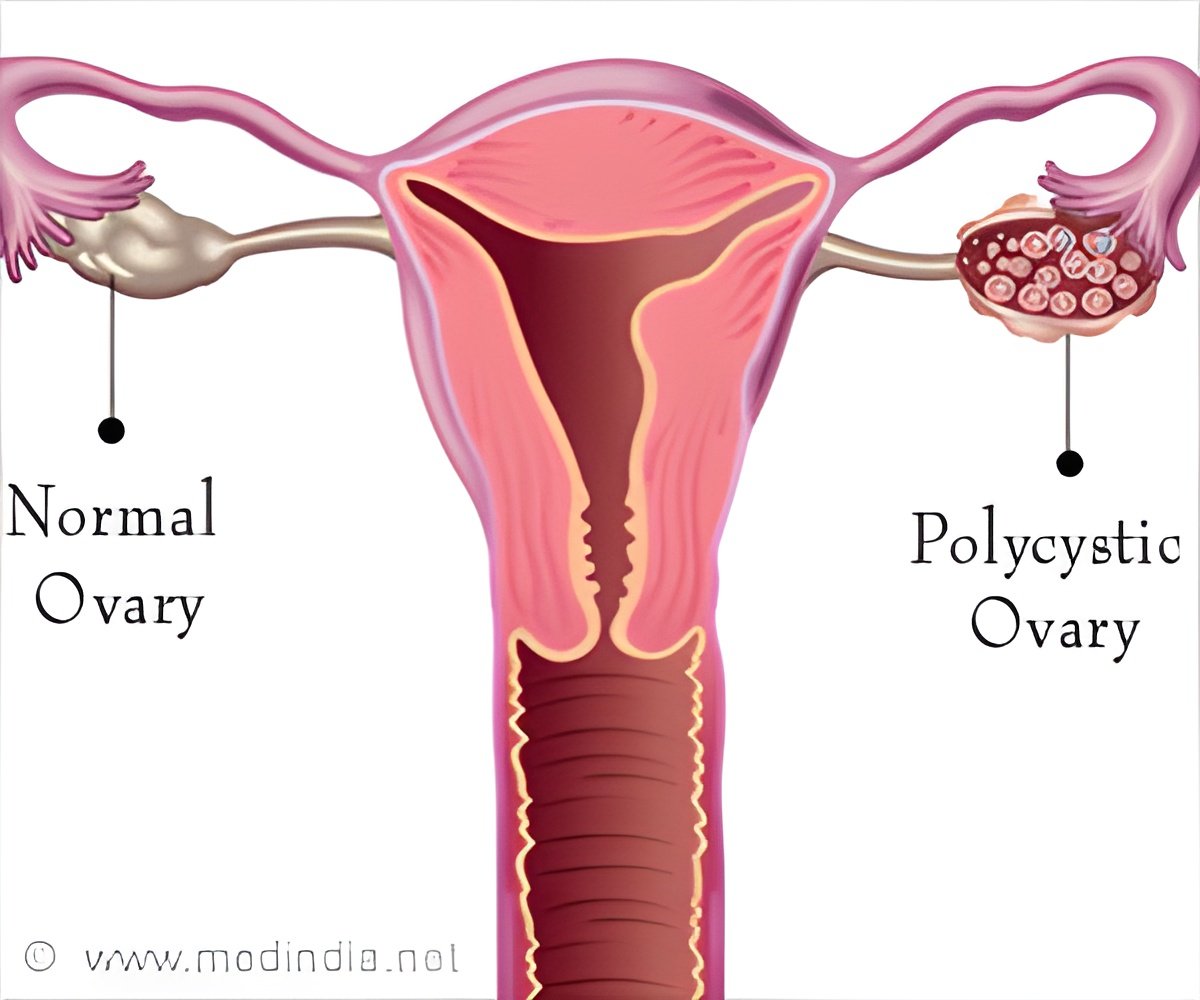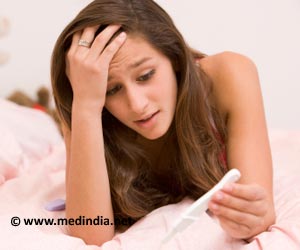PCOS is a combination of cosmetic, gynaecological and metabolic symptoms and could even lead to uterian cancer, cardiac disease and type-2 diabetes in women.

“While PCOS is the leading cause of infertility in the country, it has never been more prevalent in the city or the region,” said experts.
The study was conducted by a multinational chain of pathology laboratories on 27,411 testosterone samples over a period of 18 months. Out of all the samples, around 4,824 had PCOS-associated hormonal risks. Among the samples tested, east India showed a high number of women affected by PCOS. As many as 25.88% women of east India were affected by PCOS, followed by 19.88% in west India, 18.62% in north India and 18% in the south. Polycystic ovary syndrome is the third major cause of infertility among women in India.
"Women in our part of the country have always been prone to PCOS because of our dietary habits. Consumption of rice and carbohydrates is very high in the east and it triggers PCOS. Genes are another important factor. The gene that triggers diabetes is the same one that leads to PCOS. So, a woman suffering from PCOS in her twenties or thirties is likely to get diabetes later," explained Dr. Gautam Khastagir, fertility expert.
"Hence, it is important to manage the symptom along with a proper diet and exercise. Awareness and timely diagnosis are the first steps in managing PCOS in a way that it improves the quality of life of the patient. Women with PCOS may have enlarged ovaries that contain small collection of fluids called cyst. The cysts are not harmful, but can lead to hormonal imbalances," added Khastagir.
Gynecologist Ranjit Chakrabarty, said, "Rice is a trigger in most of the cases we come across. In recent years, fast food has made things even worse. We don't have a culture of working out regularly, which could have helped to control the disease. Unless we reduce carbohydrate consumption, PCOS will continue to strike,"
Advertisement
Source-Medindia















